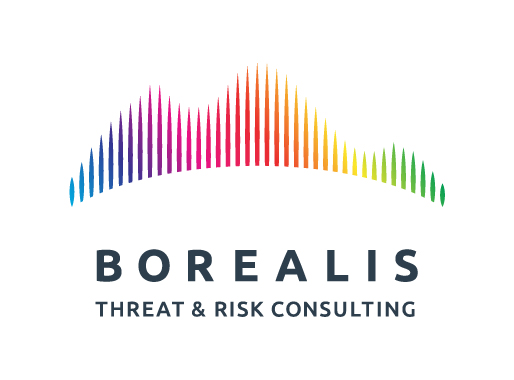Episode 177 – Why do we assign threats to the ash heap of history?
For decades, during the Cold War, we in the West were obsessed about one primary threat: the USSR, its allies and the fear of MAD – mutually assured destruction (i.e. nuclear war). Then, miraculously, it all went away when the Berlin Wall fell (1989) and later the Soviet Union dissolved (1991). We declared victory (“thousand points of light” in the words of President Bush) and decided that threat had disappeared. Furthermore we actually engaged the Russia successor as an ally of sorts (especially in counter terrorism) and saw them as part of the solution as opposed to THE problem. In the last few decades, however, Russia has risen again to pose a threat, at least to its immediate neighbours (Ukraine, Chechnya, Georgia, perhaps the Baltic States), and by extension to the West/world. Why did we draw this conclusion that matters had changed to this extent? Borealis is joined by former RCMP strategic analyst Angus Smith to look at what we can learn about threat assessment over time.
About my guest
Angus Smith spent more than 30 years as an intelligence analyst with the Royal Canadian Mounted Police, a career that included work on Latin America, the Middle East, Russia and Eastern Europe, police corruption, organized crime, terrorism, and national security. Now retired from active intelligence work, Angus lives in rural Nova Scotia and works as a writer, teacher, and consultant.
Canadian Intelligence Eh
In a world of multiple voices and opinions it can be very hard to know where to turn. One choice is to look to those who actually worked in counter-terrorism in the national security world. In these half-hour podcasts, 30-year Canadian intelligence veteran Phil Gurski is joined by a fascinating array of individuals with something meaningful to say about these issues as they provide insight into what they mean and what we need to do about them.
About Phil Gurski
Phil Gurski is the President and CEO of Borealis Threat and Risk Consulting Ltd. He worked as a senior strategic analyst at CSIS (Canadian Security Intelligence Service) from 2001-2015, specialising in violent Islamist-inspired homegrown terrorism and radicalisation, and as a multilingual analyst at CSE (Communications Security Establishment) from 1983-2001. He is the author of six books on terrorism, including the second edition of The Peaceable Kingdom: A history of terrorism in Canada from Confederation to the present, published by Double Dagger in February 2023.

